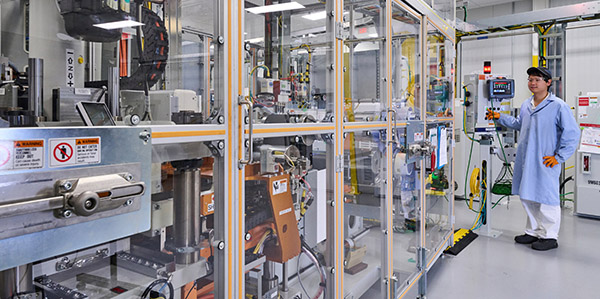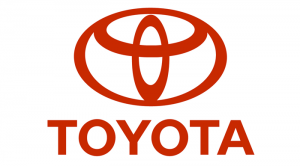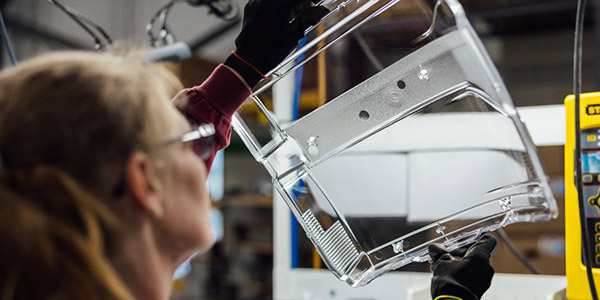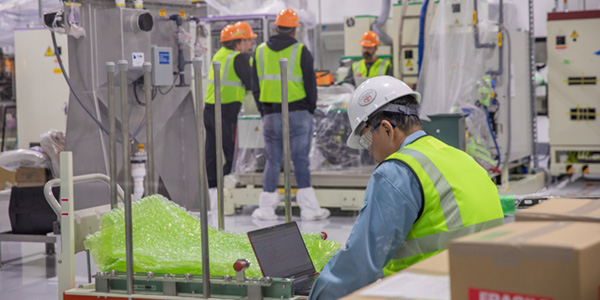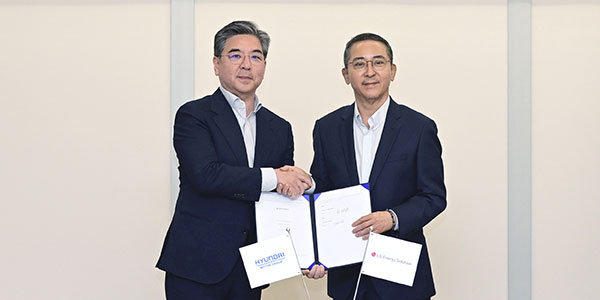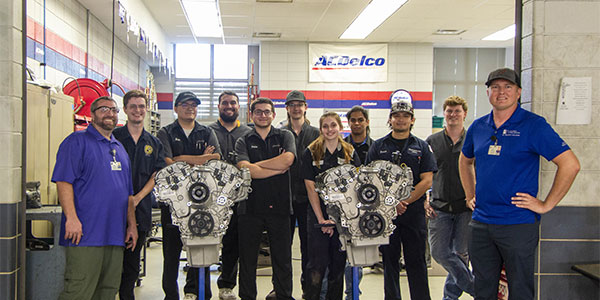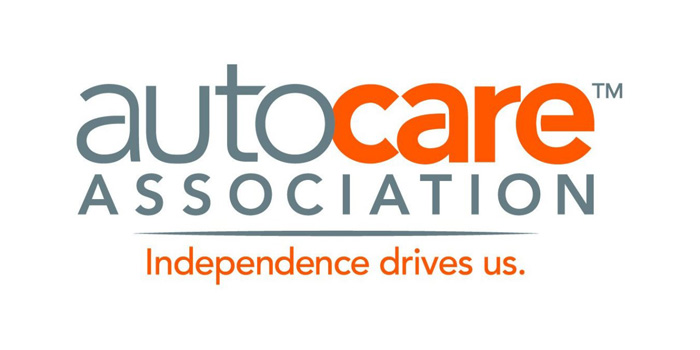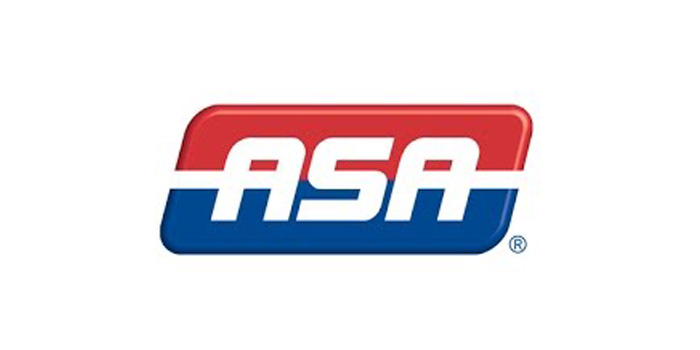A new bill to amend and reenact West Virginia code relating to the use of OEM crash parts by a body shop has recently been reintroduced to the state senate.
If enacted, the bill would require new original equipment parts to be used in order to maintain the manufacturer’s warranty on vehicles three years old or newer.
The bill was introduced to the Senate earlier this year in January by State Sen. Randy Smith. Last year, Smith introduced the same bill as SB 308, but even with the support of the Washington Metropolitan Auto Body Association (WMABA), it died in the Judiciary Committee.
Currently, the state’s code allows the use of aftermarket parts on vehicles three years old or newer if the consumer provides written consent. Senate Bill 49 would prohibit aftermarket parts in the same time frame regardless if the consumer signed off on it or not.
The current language of the proposed bill (including language that has been struck out) is as follows:
For all motor vehicles requiring repair by motor vehicle body shops in the year of their manufacture or in the two succeeding years thereafter, and those needed repairs will be paid in, whole or in part, by an insurance company, motor vehicle body shops must use genuine crash new original equipment parts sufficient to maintain the manufacturer’s new vehicle warranty for fit, finish, structural integrity, corrosion resistance, dent resistance, and crash performance. unless the motor vehicle owner consents in writing at the time of the repair to the use of aftermarket crash parts No An insurance company may not require the use of aftermarket crash parts when negotiating repairs of the motor vehicle with any repairer for a period of three years, the year the 9 motor vehicle was manufactured and the two succeeding years thereafter unless the motor 10 vehicle owner consents in writing at the time of the repair to the use of aftermarket crash parts the current model year plus two years.
NOTE: The purpose of this bill is to require new original equipment parts be used in order to maintain the manufacturer’s warranty. Strike-throughs indicate language that would be stricken from a heading or the present law, and underscoring indicates new language that would be added.




